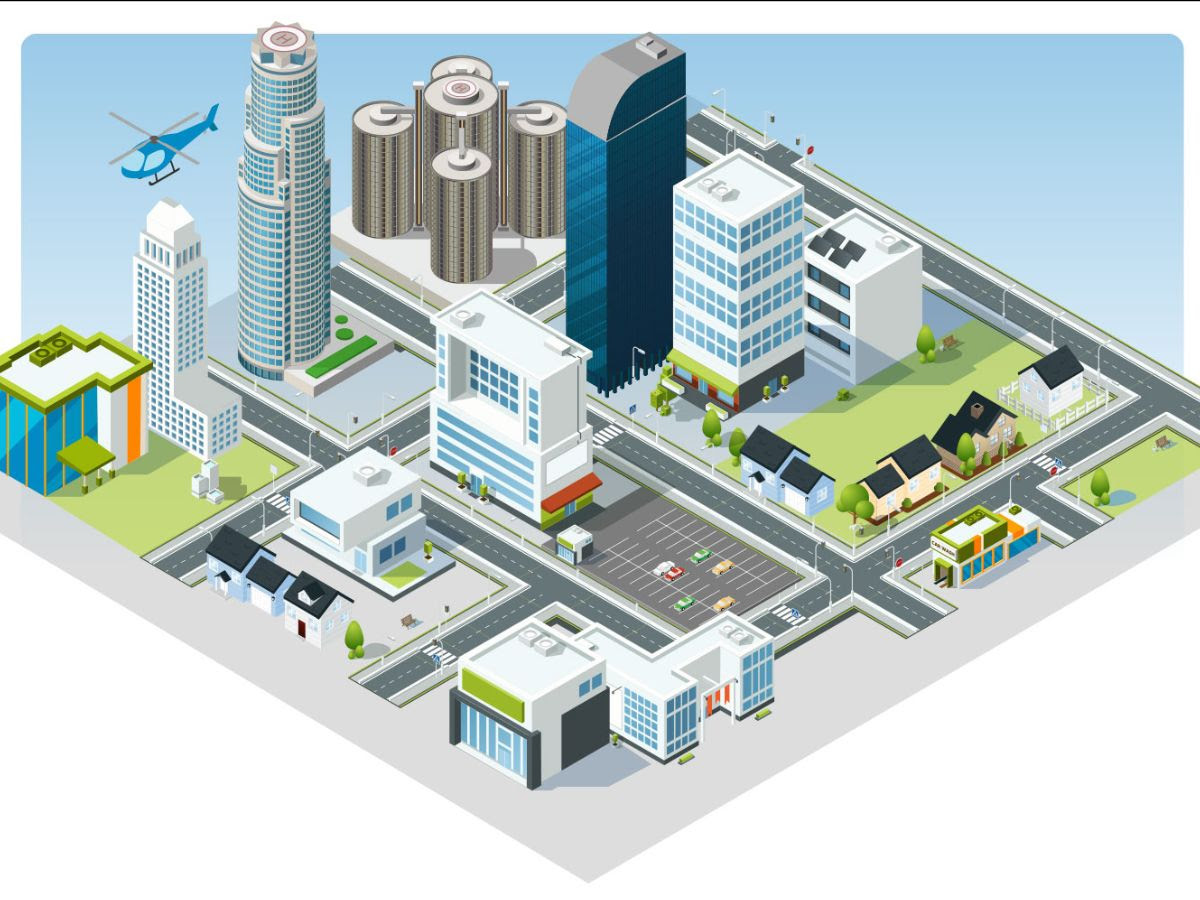
The United States Department of Transportation (USDOT) awarded the Los Angeles Department of Transportation (LADOT) $2 million through the Strengthening Mobility and Revolutionizing Transportation (SMART) grant program. The Bipartisan Infrastructure Law established SMART discretionary grants to drive innovation in the transportation industry. This grant will fund a pilot program to develop a digital inventory of curb assets and regulations in the Downtown Los Angeles area. By digitally mapping curb features such as meters, markings, access ramps, and transit and bike infrastructure, the inventory enhances LADOT’s ability to manage and prioritize curb use to advance the city’s priorities for access, sustainability, equity, and economic growth.
"The explosion in ride-sharing and deliveries has brought great conveniences to people, but has also led to curb congestion that impacts our quality of life and our businesses," said Mayor Karen Bass. "This grant will help LA identify the best ways to ease curb congestion and the economic and air quality impacts that it causes."
“From outdoor dining to delivery companies, taxis, buses, bikes, and rideshare, curbs today are busy, high-demand places that when managed well can support and incentivize thriving, safe, and resilient streets and neighborhoods,” said LADOT Interim General Manager Connie Llanos. “We are so grateful to be among the cities selected to receive the SMART grant from USDOT. These critical resources will help us expand the digital mapping and management of street assets like parking spots, meters, and loading zones, in one of our City’s most vibrant economic centers, making it easier for us to manage competing demands and make the most of this valuable real estate so that residents, businesses and visitors can enjoy them to their full potential.”
LADOT is charged with managing the public right of way to facilitate the safe movement of goods and people throughout the City of Los Angeles. In the last decade, Los Angeles has seen a proliferation of new transportation modes – such as rideshare, shared micro-mobility, robotic and app-based delivery services, and EV charging stations – that compete for curb space alongside traditional uses such as parking, delivery, and public transit. LADOT also introduced new curb uses to support businesses impacted by the Covid-19 pandemic, such as expanded outdoor dining on streets and sidewalks.
The City of Los Angeles is fostering innovation to create a center of transportation tech businesses and jobs. LADOT is at the forefront of efforts to modernize curb management, with new tools like flexible smart meter parking, mobility data specification permit requirements, and zero-emission delivery zones. Through “Code the Curb”, LADOT will inventory sidewalk assets to develop a system that allows the department to comprehensively and dynamically manage curb space.
LADOT is a member of the Open Mobility Foundation (OMF) which includes the cities of Seattle, Portland, San Francisco, San Jose, Minneapolis, Philadelphia, and Miami-Dade County, and is committed to tackling common problems through shared technology. Through OMF and LADOT’s existing Code the Curb pilot, the department has already begun developing a shared, open-source Curb Data Specification (CDS). This allows cities to provide technical implementation assistance and facilitate peer-to-peer learning and knowledge exchange. Together, these cities will digitally gather and analyze curb information to reduce congestion, enhance livability, and improve safety and equity on city streets.
Downtown LA was selected for this grant program due to its high concentration of multi-functional curb spaces and the opportunity to drive economic growth through improved curb access. LADOT will begin the pilot in the Summer of 2023 with the expected completion of the database at the end of the 18-month period covered by the grant. Information gathered and retained will only pertain to physical infrastructure such as street signs, curb markings, meters, and access ramps. Personal identifying information such as license plates or images of persons is excluded from data collection. This database will serve as a starting point for LADOT to standardize curb space management citywide. A complete database will ensure that the operation and uses of the city’s streets and sidewalks are consistent with the needs of communities.

